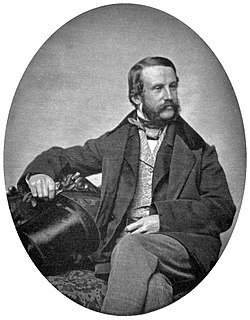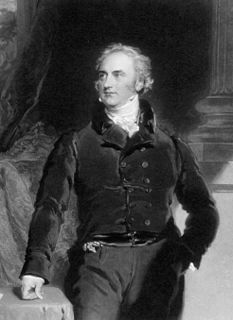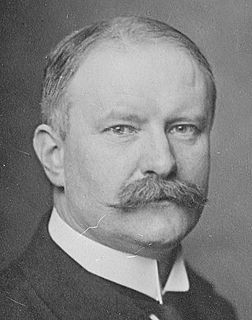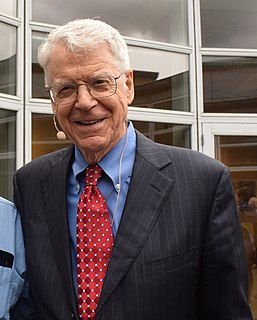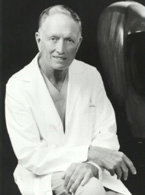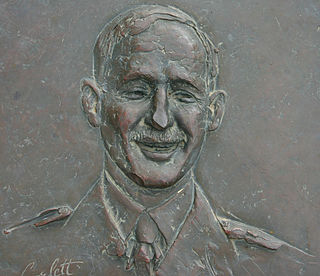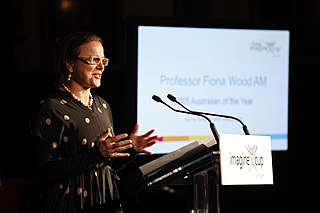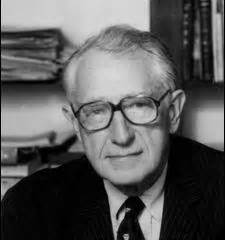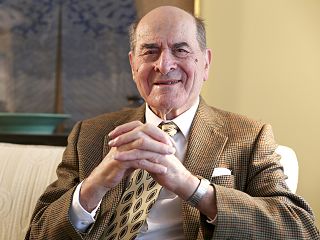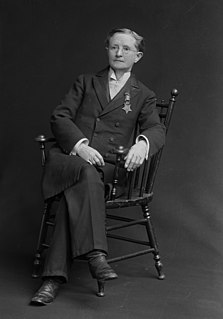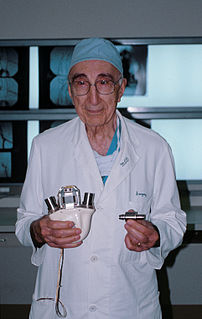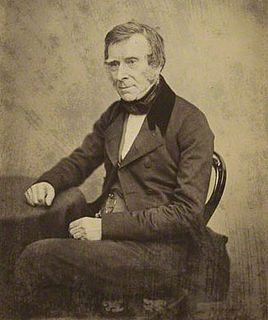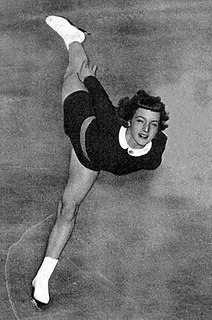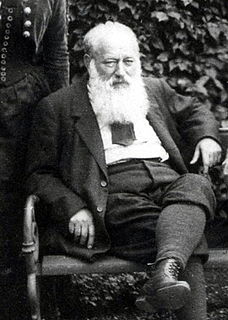A Quote by Henry Jacob Bigelow
Every discoverer of a new truth, or inventor of the method which evolves it, makes a dozen, perhaps fifty, useless combinations, experiments, or trials for one successful one. In the realm of electricity or of mechanics there is no objection to this. But when such rejected failures involve a torture of animals, sometimes fearful in its character, there is a distinct objection to it.
Related Quotes
I've no objection to the term 'graphic novel,' as long as what it is talking about is actually some sort of graphic work that could conceivably be described as a novel. My main objection to the term is that usually it means a collection of six issues of Spider-Man, or something that does not have the structure or any of the qualities of a novel, but is perhaps roughly the same size.
Edison was by far the most successful and, probably, the last exponent of the purely empirical method of investigation. Everything he achieved was the result of persistent trials and experiments often performed at random but always attesting extraordinary vigor and resource. Starting from a few known elements, he would make their combinations and permutations, tabulate them and run through the whole list, completing test after test with incredible rapidity until he obtained a clue. His mind was dominated by one idea, to leave no stone unturned, to exhaust every possibility.
The objections to religion are of two sorts - intellectual and moral. The intellectual objection is that there is no reason to suppose any religion true; the moral objection is that religious precepts date from a time when men were more cruel than they are and therefore tend to perpetuate inhumanities which the moral conscience of the age would otherwise outgrow.
The truth is that the general genius of a government is all that can be substantially relied upon for permanent effects. Particular provisions, though not altogether useless, have far less virtue and efficacy than are commonly ascribed to them; and the want of them will never be with men of sound discernment a decisive objection to any plan which exhibits the leading characters of a good government.
I fully agree with all that you say on the advantages of Spencer's excellent expression of 'the survival of the fittest.' This, however, had not occurred to me till reading your letter. It is, however, a great objection to this term that it cannot be used as a substantive governing a verb; and that this is a real objection I infer from H. Spencer continually using the words, natural selection.
But just in proportion as this process of extermination has acted on an enormous scale, so must the number of intermediate varieties, which have formerly existed, be truly enormous. Why then is not every geological formation and every stratum full of such intermediate links? Geology assuredly does not reveal any such finely graduated organic chain; and this, perhaps, is the most obvious and serious objection which can be urged against the theory. The explanation lies, as I believe, in the extreme imperfection of the geological record.
It may be considered as an objection inherent in the principle, that as every appeal to the people would carry an implication of some defect in the government, frequent appeals would in great measure deprive the government of that veneration which time bestows on every thing, and without which perhaps the wisest and freest governments would not possess the requisite stability . . . a constitutional road to the decision of the people ought to be marked out and kept open, for certain great and extraordinary occasions
